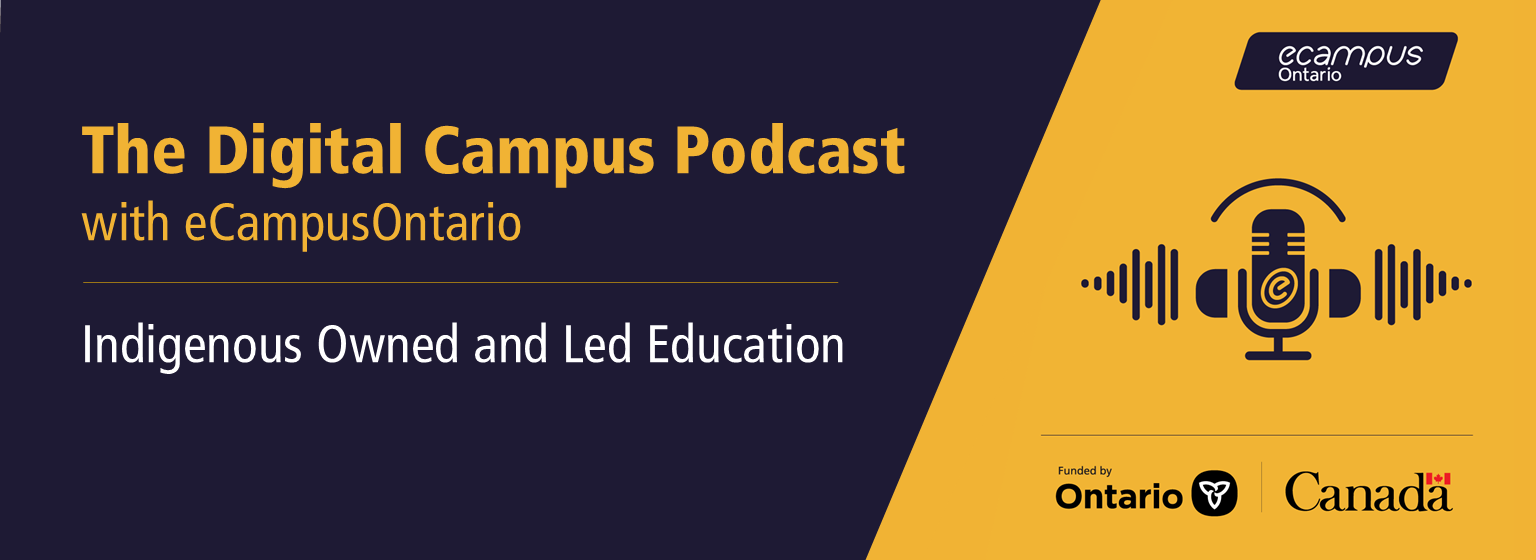Data Sovereignty And Cultural Preservation: The Role Of Indigenous Scientists

Table of Contents
The Importance of Data Sovereignty for Indigenous Communities
Data sovereignty is not merely a technical issue; it's a fundamental human right deeply intertwined with cultural survival. For Indigenous communities, data represents far more than just information; it embodies their history, traditions, and spiritual beliefs.
Protecting Cultural Heritage
Data sovereignty is crucial for protecting sensitive cultural information from misuse or exploitation. This includes:
- Oral histories: These invaluable narratives contain generational knowledge and perspectives, vulnerable to misinterpretation if access isn't carefully controlled.
- Traditional ecological knowledge (TEK): This encompasses deep understanding of local ecosystems, crucial for conservation and sustainable resource management. Unauthorized access can lead to biopiracy.
- Sacred sites locations: Revealing the locations of sacred sites can expose them to desecration and damage, causing irreparable harm to cultural heritage.
The consequences of unauthorized access and use of this data are severe:
- Cultural appropriation: The unauthorized use of Indigenous cultural elements for commercial or other purposes without consent or benefit-sharing.
- Misrepresentation: Distortion or inaccurate portrayal of cultural practices and beliefs, leading to harmful stereotypes and misunderstandings.
- Loss of control: The erosion of Indigenous communities' ability to manage and interpret their own cultural heritage, undermining self-determination.
Self-Determination and Indigenous Rights
Data sovereignty is intrinsically linked to the right to self-determination, a cornerstone of Indigenous rights. It empowers communities to:
- Define their own research agendas: Enabling communities to prioritize research topics relevant to their needs and priorities, rather than being dictated by external interests.
- Benefit from their data: Ensuring that Indigenous communities receive fair compensation and recognition for their knowledge and data, fostering economic self-sufficiency.
Free, Prior, and Informed Consent (FPIC) is a critical principle in ethical data practices. FPIC ensures that Indigenous communities are fully informed about research projects, have the power to consent or refuse participation, and actively participate in decision-making processes.
The Crucial Role of Indigenous Scientists
Indigenous scientists are at the forefront of developing and implementing effective data sovereignty strategies. Their deep understanding of their communities and their cultural heritage is essential for navigating the complex ethical and technical challenges involved.
Community-Based Research
Community-based research (CBR) methodologies, led by Indigenous scientists, are vital for ethical data management. CBR ensures that:
- Indigenous communities are involved in all stages: From research design and data collection to analysis and dissemination, ensuring that research outcomes are relevant and beneficial to the community.
- Research benefits the community: Research is conducted in a way that respects Indigenous knowledge systems and prioritizes community needs.
Successful examples of community-based research projects demonstrate the power of this approach in achieving meaningful outcomes.
Developing Ethical Data Governance Frameworks
Indigenous scientists are leading the development of culturally appropriate ethical guidelines for data management. These frameworks:
- Incorporate traditional knowledge systems: Integrating Indigenous perspectives and values into modern data management practices.
- Establish community-controlled data repositories: Creating secure and accessible platforms for storing and managing Indigenous data, ensuring community control and ownership.
Examples of Indigenous-led data governance frameworks demonstrate innovative approaches to ethical data management, offering valuable lessons for other communities and researchers.
Challenges and Opportunities in Achieving Data Sovereignty
While the importance of data sovereignty is increasingly recognized, significant challenges remain.
Access to Technology and Resources
Indigenous communities often face barriers to accessing the technology and resources needed for effective data management:
- Funding limitations: Securing funding for data infrastructure, training, and research projects can be difficult.
- Digital literacy gaps: Bridging the digital divide and providing training opportunities is essential for ensuring equitable access to technology.
- Infrastructure challenges: Lack of reliable internet access and appropriate digital infrastructure can hinder data management efforts.
Collaboration and Partnerships
Successful data sovereignty initiatives require collaboration between Indigenous scientists, researchers, policymakers, and international organizations. This collaborative approach:
- Fosters knowledge sharing: Sharing best practices and expertise between different communities and institutions.
- Strengthens capacity: Building the capacity of Indigenous communities to manage their own data and research.
Examples of successful interdisciplinary partnerships demonstrate the importance of collaborative efforts in advancing data sovereignty. International organizations and governments have a key role to play in supporting these initiatives through funding, policy reform, and technical assistance.
Conclusion
Indigenous scientists are essential in protecting Indigenous knowledge through data sovereignty initiatives. Community-based research, ethical data practices, and self-determination are crucial for safeguarding cultural heritage and empowering Indigenous communities.
Call to Action: We must actively support Indigenous-led data sovereignty initiatives. This includes advocating for policy changes that prioritize Indigenous rights, funding research projects led by Indigenous scientists, and promoting ethical data practices in all research endeavors. By understanding and supporting the crucial work of Indigenous scientists in data sovereignty, we can contribute to the protection of invaluable cultural heritage. Further research into effective data sovereignty models for Indigenous communities is urgently needed. Let's work together to ensure data sovereignty for all.

Featured Posts
-
 Analyzing The Fan Response To The Kyle Tucker Trade Rumors
May 13, 2025
Analyzing The Fan Response To The Kyle Tucker Trade Rumors
May 13, 2025 -
 Brexits Lingering Impact The Stalemate In Gibraltar Negotiations
May 13, 2025
Brexits Lingering Impact The Stalemate In Gibraltar Negotiations
May 13, 2025 -
 Miami Open 2024 Sabalenka Triumphs Against Pegula
May 13, 2025
Miami Open 2024 Sabalenka Triumphs Against Pegula
May 13, 2025 -
 Vybor Luchshikh Filmov S Dzherardom Batlerom Lichniy Vzglyad
May 13, 2025
Vybor Luchshikh Filmov S Dzherardom Batlerom Lichniy Vzglyad
May 13, 2025 -
 Mc Kellens Advice To Young Actors Come Out
May 13, 2025
Mc Kellens Advice To Young Actors Come Out
May 13, 2025
